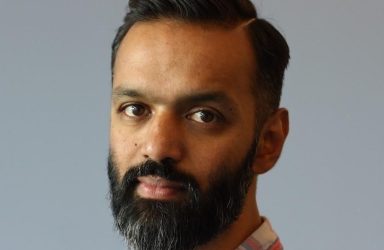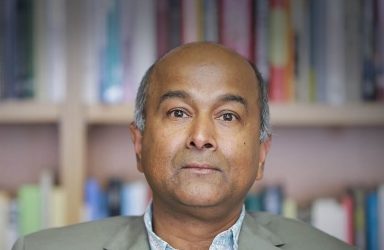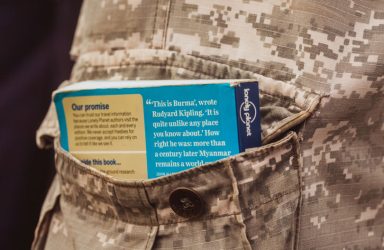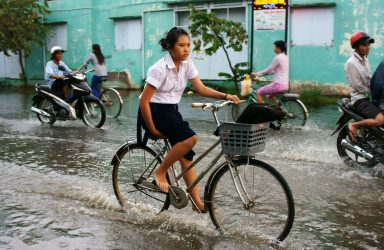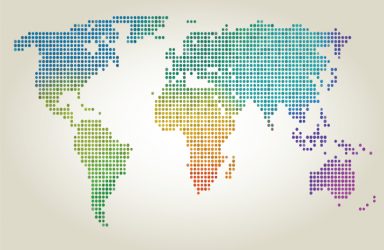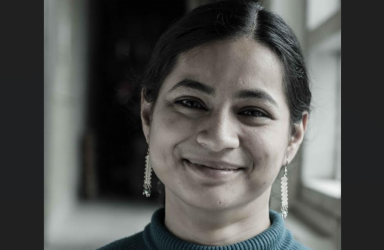Coming Home to Roost: The Growth of BRICS and the Quest For De-Dollarization
De-dollarization policies are already underway, underlining that the BRICS+ nations are committed to a new economic order.
Interview – Darshan Vigneswaran
Darshan Vigneswaran expands on outer space research and its potential influence on state formation, and the differing impacts of migration governance across the globe.
Thinking Global Podcast – G. John Ikenberry (Part Two)
In the second part of our interview, G. John Ikenberry talks more about the Liberal International Order and the Russian invasion of Ukraine.
Interview – Dilip Menon
Dilip Menon expounds on the novel concept of paracoloniality, and the role played by oceanic histories in developing new epistemologies in studies of the Global South.
Opinion – Geoff Crowther or The Birth and Politics of a Hippie Worldview
With a background influenced by pacifism and May 68 socialism, Crowther had assembled a potent worldview which was filtering into the minds of travellers throughout the world.
Thinking Global Podcast – Thales Carvalho
Thales Carvalho speaks about President Lula and Brazilian Foreign Policy, following-up on his article ’Lula is back on the international stage, or is he?’.
Climate Justice in the Global South: Understanding the Environmental Legacy of Colonialism
The global north has imposed on the global south a development model based on the unconditional exploitation of nature and human beings.
Interview – Manu Bhagavan
Manu Bhagavan reflects on the progress of decolonised outlooks in the Global South, as well as ideological changes in Indian foreign policy.
The Importance of Racial Inclusion in Security Studies
Scholars who woke up to the decline of the Liberal International Order post 2016 have turned it into an all-American debate, ignoring prior and critical perspectives from the global south.
Interview – Pallavi Raghavan
Pallavi Raghavan talks about moving away from colonial and hegemonic tropes and making IR more inclusive of the Global South.

